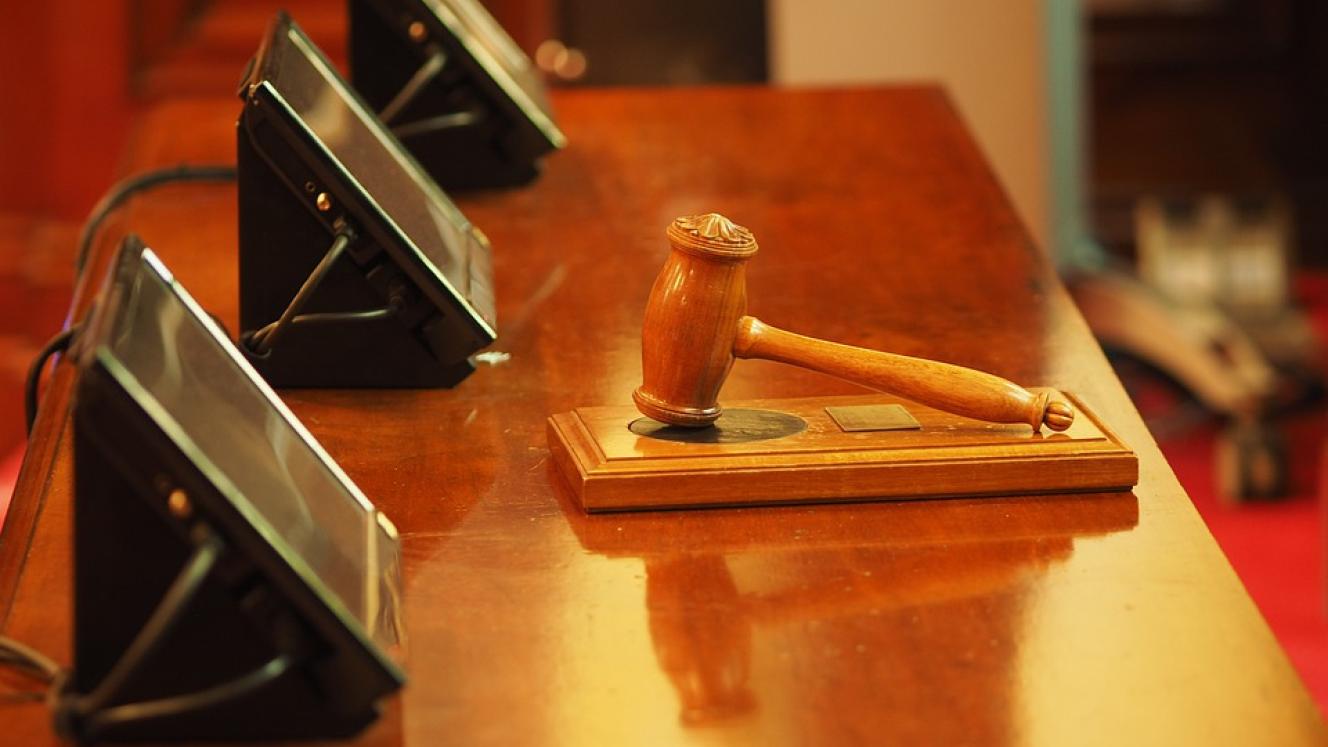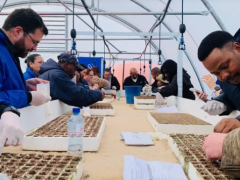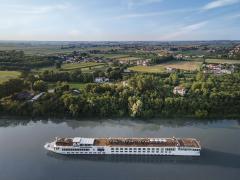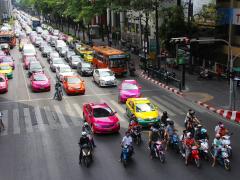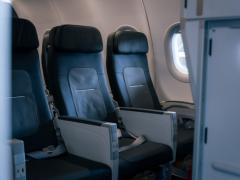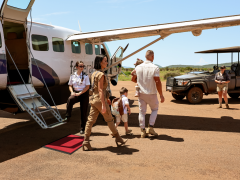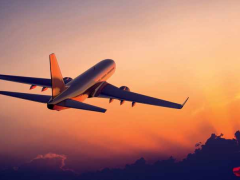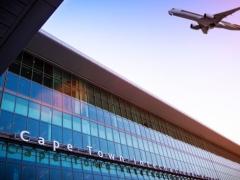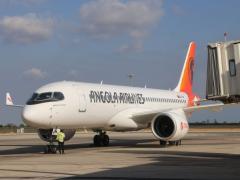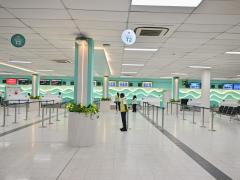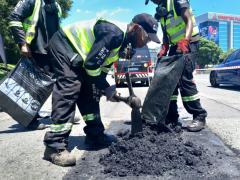It appears that the VAT dispute between the SA travel industry and SARS has now been wrapped up – with a final victory for industry.
Asata has released the news that the Constitutional Court of South Africa has dismissed with costs the latest application by SARS for leave to appeal the Supreme Court of Appeal ruling regarding application of zero-rating on international supplementary commissions, according to an Asata release.
In early June, the SCA upheld with costs the appeal by Rennies Travel against the order of the tax court handed down in December 2020. It set aside “the additional VAT assessments in respect of the appellant’s February 2021 to December 2016 VAT periods, to the extent that they impose VAT at the standard rate on supplementary commission”. To find out more, read here.
But shortly after the judgment, SARS announced its intention to challenge the outcome in the Constitutional Court. To find out more, read here.
Last week (on September 29), the Constitutional Court refused leave to appeal with costs, stating in its order: “The Constitutional Court has considered the application for leave to appeal and has concluded that it does not engage the jurisdiction of the Court.”
Asata CEO, Otto de Vries, says the travel industry finally has legal certainty on the VAT owing and it can get back to business without worrying about having to pay back taxes and associated fines and penalties.
“We were very surprised by the decision to take the matter to the Constitutional Court as it is loath to take on tax matters. We were also very clear that the SCA decision to overturn the Tax Court’s original judgement was correct,” says De Vries.
“The Rennies Travel case was an important industry test case, delivering the precedent we have been fighting for, for many years. It is also a fine example of what is possible when we stand together as an industry to achieve a positive outcome for all.”
Asata and its legal counsel had been engaging with SARS on the zero-rating of supplementary commission for the “arranging of international transport” since 2016. In addition to writing to SARS Commissioner, Edward Kieswetter, and former Finance Minister Pravin Gordhan, and holding countless meetings with SARS, tax consultants and lawyers, Asata also extended financial support to Rennies Travel to help towards the legal costs of this test case.
“It would have been impossible for the travel industry to recover the VAT on supplementary commissions from clients and no business would have been in a position to finance that gap themselves, nor should we have had to, based on the VAT Act,” De Vries adds.
With this final ruling from the Constitutional Court, Asata members can finally close the door on the six-year battle against SARS to have upfront and supplementary commission for the arranging of international travel of section zero-rated under section 11(2)(d) of the VAT Act.
“By standing firm and as an industry, we have achieved a victory that benefits us all,” says De Vries.
